Performances at the Concert "Vietnam in Me". Photo: Le Dong/VNA
Sharing about the 80-year achievements of the Culture sector in ensuring and enhancing the people's right to enjoy culture, Associate Professor, Doctor Do Thi Thanh Thuy, Vietnam Institute of Culture, Arts , Sports and Tourism (Ministry of Culture, Sports and Tourism) affirmed: Under the leadership of the Party with the mission of serving the people, imbued with the viewpoint of "taking the people as the root", promoting the role of the subject, the central position of the people, over the past 80 years, the Culture sector has achieved many important achievements in ensuring and enhancing the people's right to enjoy culture. These achievements create a solid foundation for the goal of building a humane, fair, prosperous society, where culture is identified as the driving force, goal, foundation, promoting the comprehensive development of the country.
Culture is the driving force behind the country's development.
Vietnamese culture was formed and developed on the basis of steadfast Marxism-Leninism and Ho Chi Minh thought, while inheriting and promoting the humanistic values, rich in national identity, and constantly absorbing, selecting, and adapting the quintessence of human culture. Through historical periods, from the period of resistance war to defend the Fatherland, unify the country to the period of peace , independence, construction, and development of the country, our Party and State have always maintained a consistent viewpoint, that is, all efforts to build and develop culture must aim to serve the people, stemming from the aspirations, rights, legitimate and legal interests and happiness of the people. The people are not only the subjects who need to enjoy cultural values, but also the subjects who preserve, create and cultivate the culture of the nation. This orientation has created great spiritual strength, serving as the foundation for the country's sustainable and comprehensive development throughout the past 80 years of history and is a solid foundation towards the future.
Over the past decade, the cultural sector has achieved many successes in expanding access to cultural products through the cultural industry and other support policies, contributing to ensuring people's rights to enjoy them. The cultural market is increasingly flourishing, products and services are more diverse, product quality is improved thanks to the promotion of knowledge, creativity, and innovative thinking of diverse subjects in society. Creative freedom is increasingly respected and expanded thanks to timely incentive policies and a progressive legal environment. The trend of shifting from pre-control to post-control in cultural management has created conditions for artists and businesses to proactively create and take responsibility for their products and services.
Encouraging innovation in the Party and State's policies is a catalyst for the supply of cultural products to become increasingly diverse and abundant, especially in fields such as cinema, music , performing arts, etc., which have witnessed strong development and attracted a large public.
Protect and promote cultural identity
The ancient beauty of Thau Ngoc Bridge in Con Son Pagoda, part of the Con Son - Kiep Bac Relic Site (Hai Phong). Photo: Tuan Anh/VNA
The work of inventorying and registering cultural heritages has been strengthened. The Vietnamese cultural heritage system has been widely recognized with impressive numbers, contributing to changing the local economic structure, creating stable livelihoods and jobs for tens of thousands of workers in the heritage areas, while also contributing to arousing national pride in cultural identity and promoting community cohesion. Currently, the country has more than 40,000 relics and nearly 70,000 intangible cultural heritages inventoried, of which 36 heritages have been recognized/registered by UNESCO.
As of 2025, Vietnam has 9 world heritages recognized by UNESCO (including 6 cultural heritages, 2 natural heritages, 1 mixed cultural and natural heritage). Of these 9 heritages, the Complex of Monuments and Landscapes of Yen Tu - Vinh Nghiem, Con Son, Kiep Bac is a World Cultural Heritage that was just recognized by UNESCO at the 47th Session in July 2025. There is 1 world documentary heritage and 3 documentary heritages listed as Asia-Pacific Regional Documentary Heritage out of a total of 11 documentary heritages listed by UNESCO's Memory of the World Program (4 World Documentary Heritages and 7 Asia-Pacific Regional Documentary Heritages).
The Ministry has submitted to the Prime Minister for ranking 25 special national relics (out of a total of 144 relics); decided to rank 110 national relics (out of a total of 3,661 relics). Licenses for archaeological exploration and excavation have been granted at 194 locations. Many relics, after being restored and embellished, have been effectively managed and promoted by authorities at all levels together with the communities where the relics are located, becoming unique cultural products, creating attractive tourist destinations and routes, promoting the development of the key economic sector of tourism, contributing to changing the local economic structure, creating stable livelihoods and jobs for tens of thousands of workers in the heritage areas.
As of May 2025, there were nearly 70,000 intangible cultural heritages of 63 provinces and cities inventoried. The decision to include 271 intangible cultural heritages in the National Intangible Cultural Heritage List (out of a total of 635 heritages). The Vietnamese museum system currently has 204 museums, of which 127 are public museums and 78 are non-public museums, preserving and promoting the value of over 4 million artifacts. The Ministry of Culture, Sports and Tourism has submitted to the Prime Minister a decision to recognize 112 national treasures (out of a total of 327 artifacts, groups of artifacts are national treasures)...
In general, people's cultural enjoyment is increasingly enhanced along with the protection and promotion of cultural identity, contributing to building a healthy spiritual life, sustainable development, ensuring regional and ethnic cultural diversity, receiving recognition from the masses - Associate Professor, Dr. Do Thi Thanh Thuy said.
Diversity in access and enjoyment of culture
Tourists use QR codes to look up information at Bia Temple (Hai Phong). Photo: Tien Vinh/VNA
In the recent period, Vietnam has made efforts to adapt to the global digital transformation context through the issuance of many policies, striving to become a digital nation based on three basic pillars: Digital Government, Digital Economy and Digital Society. Data shows that people's cultural enjoyment is shifting strongly to the online space.
Adapting to the digital environment, many agencies and units in the cultural sector have proactively applied digital infrastructure for the production, distribution and consumption of cultural products; diversified products and services, and increased digitalization to reach out to the people. Some museums, theaters and cultural units have begun to apply digital technology and artificial intelligence in the digitalization of heritage, in exhibitions, performances and education. The press, media and publishing have increased electronic publishing, promptly bringing information, guidelines and policies to the people.
In the period of 2026 - 2031, the Ministry of Culture, Sports and Tourism aims for the major goal of all cultural and artistic units being computerized and digitally transformed; building and maintaining large databases (Big Data) on culture, art, family and cultural heritage of Vietnamese ethnic groups as a shared resource. Press agencies aim to operate a converged newsroom model, producing content following the digital journalism trend; radio and television stations put content on digital platforms (prioritizing domestic platforms) and ensuring maximum broadcasting time for political programs, essential information of the country and localities...
Raising awareness of cultural diversity and the right to cultural expression must be built on the foundation of respect. In other words, on the one hand, individuals and communities have equal opportunities to pursue their own cultural values and participate in desired cultural practices; while ensuring the core principle: not harming the honor, dignity and legitimate rights of other individuals and communities. Ensuring the principle of mutual respect will bring cultural subjects into the process of cooperation, dialogue, building trust and sharing to coexist and develop instead of creating conflicts and contradictions - Associate Professor, Dr. Do Thi Thanh Thuy clearly stated.
According to VNA
Source: https://baoangiang.com.vn/phat-huy-gia-tri-van-hoa-va-suc-manh-con-nguoi-viet-nam-a427645.html


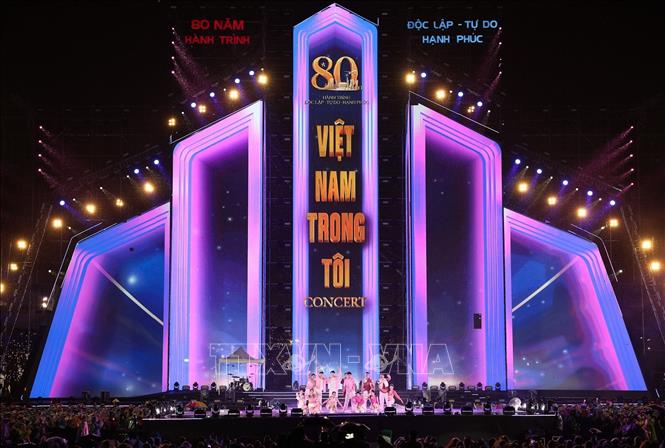
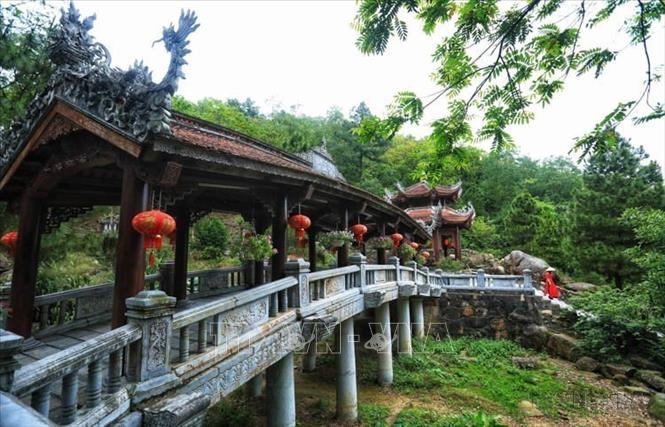
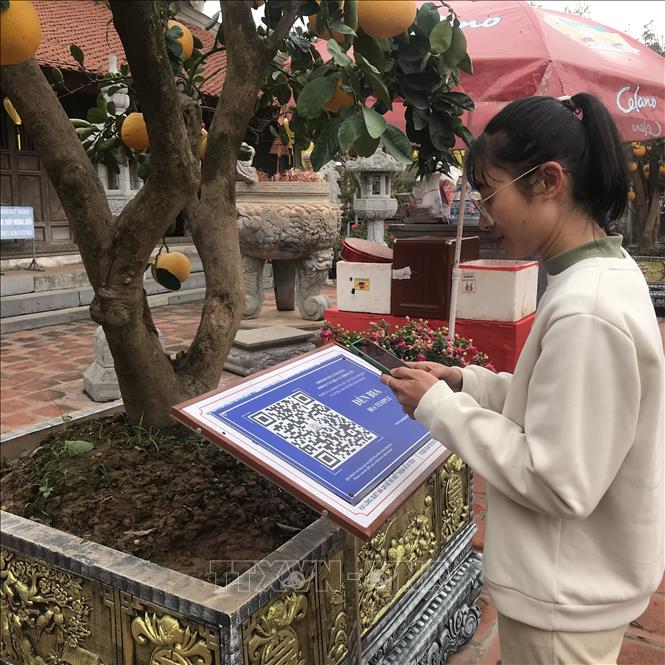



![[Photo] Prime Minister Pham Minh Chinh attends the opening of the 47th ASEAN Summit](https://vphoto.vietnam.vn/thumb/1200x675/vietnam/resource/IMAGE/2025/10/26/1761452925332_c2a-jpg.webp)
![[Photo] Prime Minister Pham Minh Chinh and United Nations Secretary-General Antonio Guterres attend the Press Conference of the Hanoi Convention Signing Ceremony](https://vphoto.vietnam.vn/thumb/1200x675/vietnam/resource/IMAGE/2025/10/25/1761391413866_conguoctt-jpg.webp)
![[Photo] National Assembly Chairman Tran Thanh Man receives United Nations Secretary-General Antonio Guterres](https://vphoto.vietnam.vn/thumb/1200x675/vietnam/resource/IMAGE/2025/10/25/1761390815792_ctqh-jpg.webp)
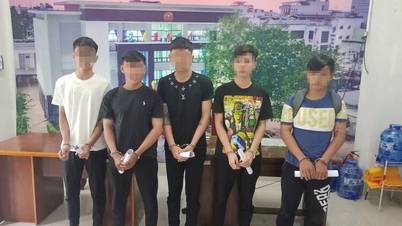
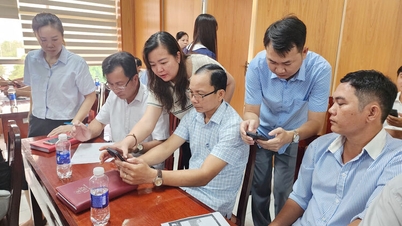
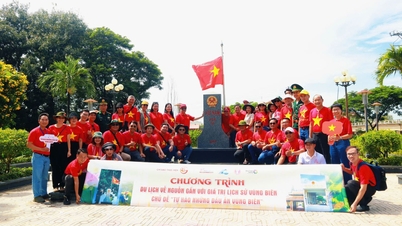



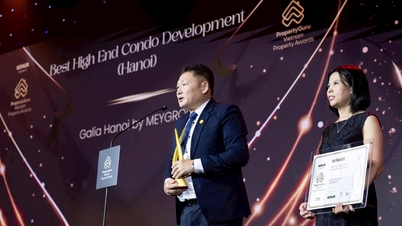


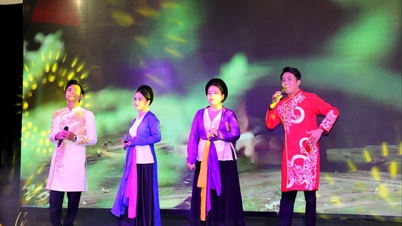

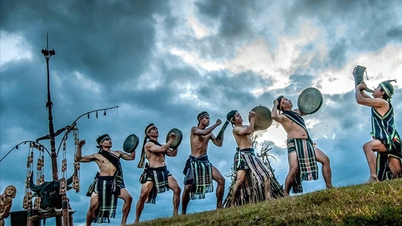

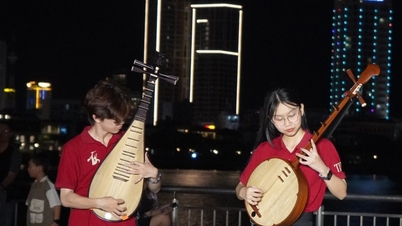



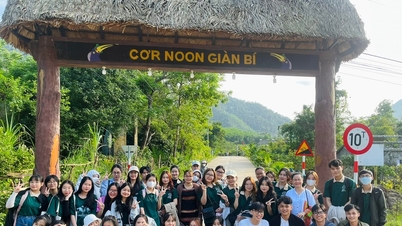
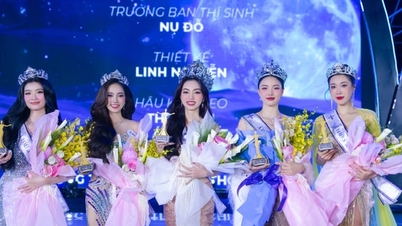





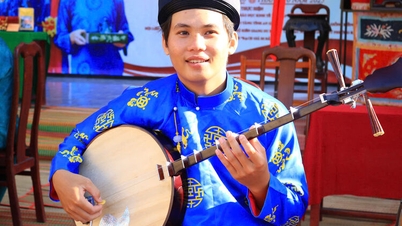
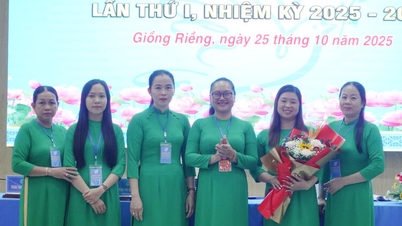
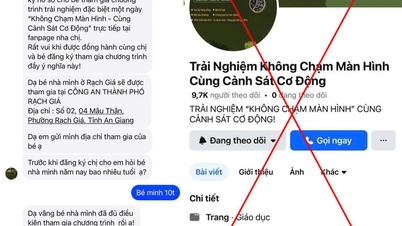
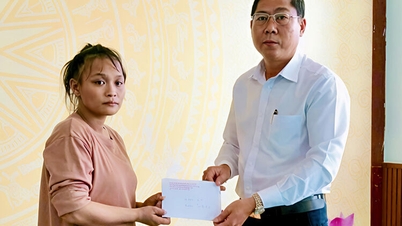
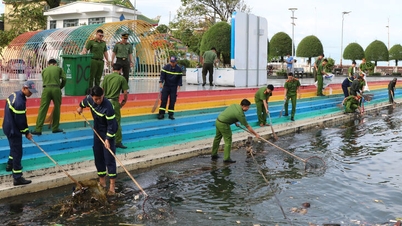
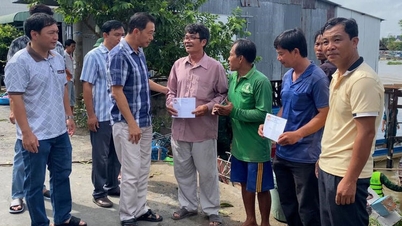
![[Photo] Prime Minister Pham Minh Chinh receives United Nations Secretary-General Antonio Guterres](https://vphoto.vietnam.vn/thumb/1200x675/vietnam/resource/IMAGE/2025/10/25/1761390212729_dsc-1484-jpg.webp)






































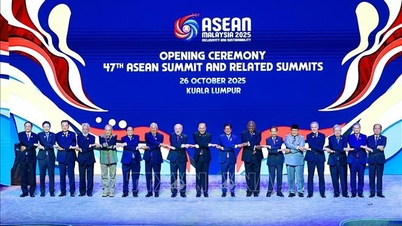


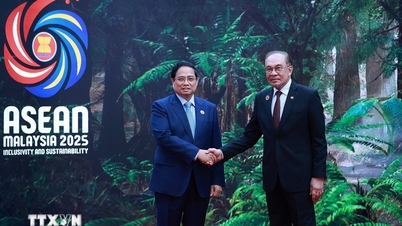


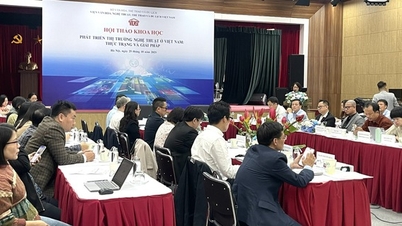


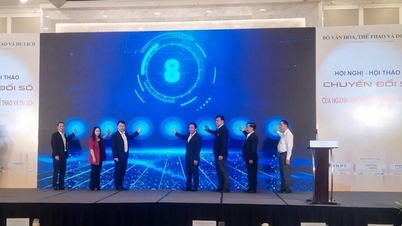

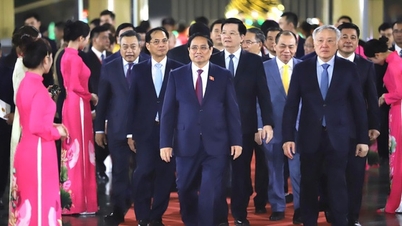
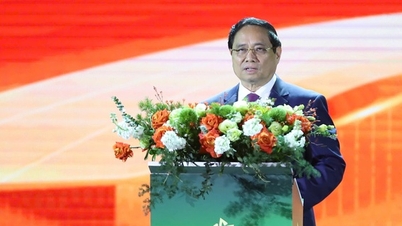
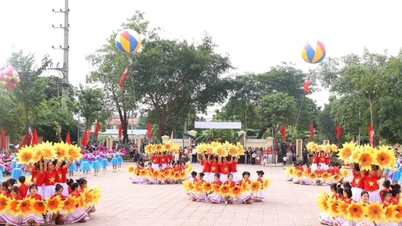
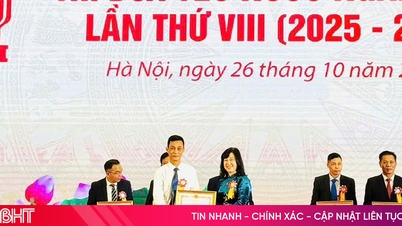

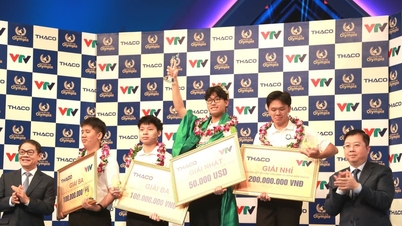

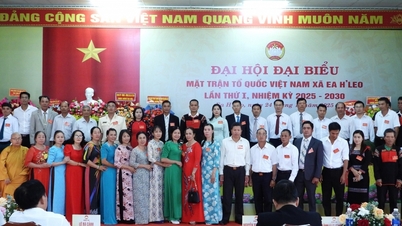

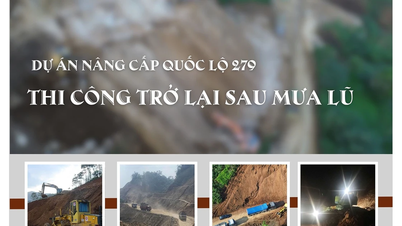
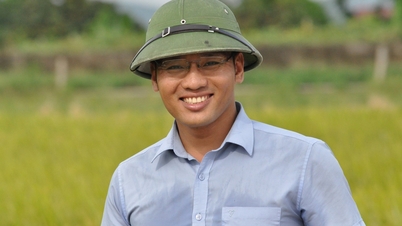










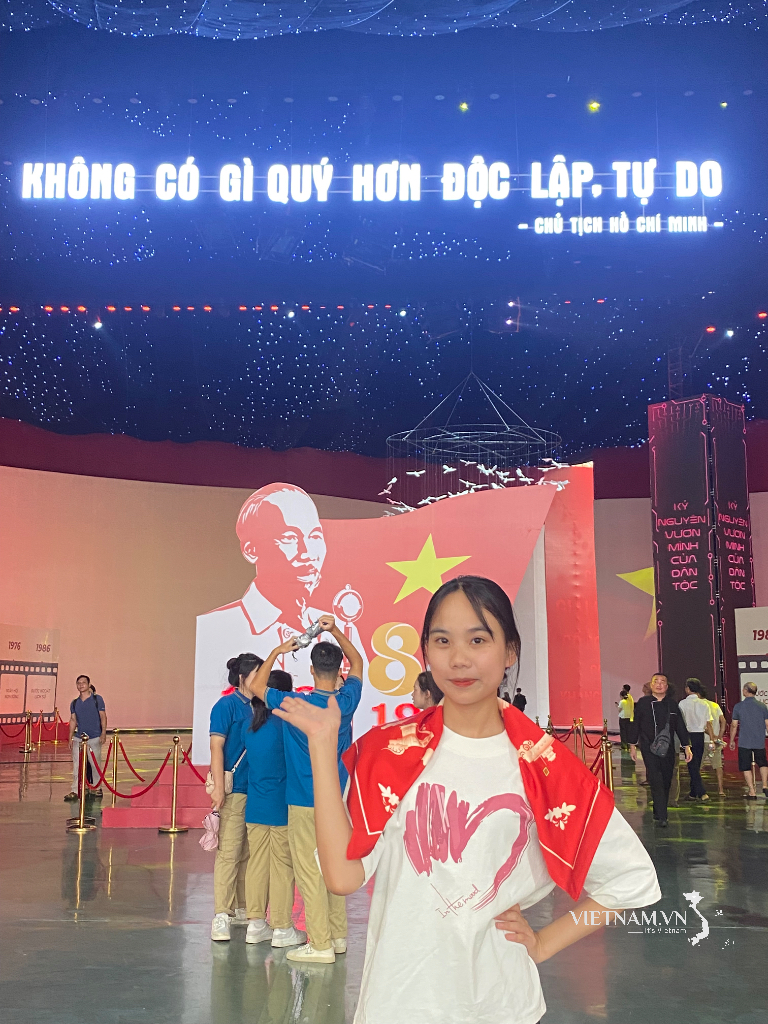

Comment (0)